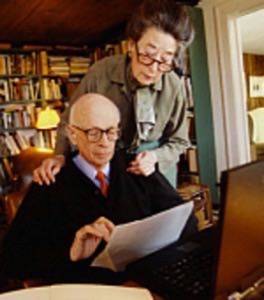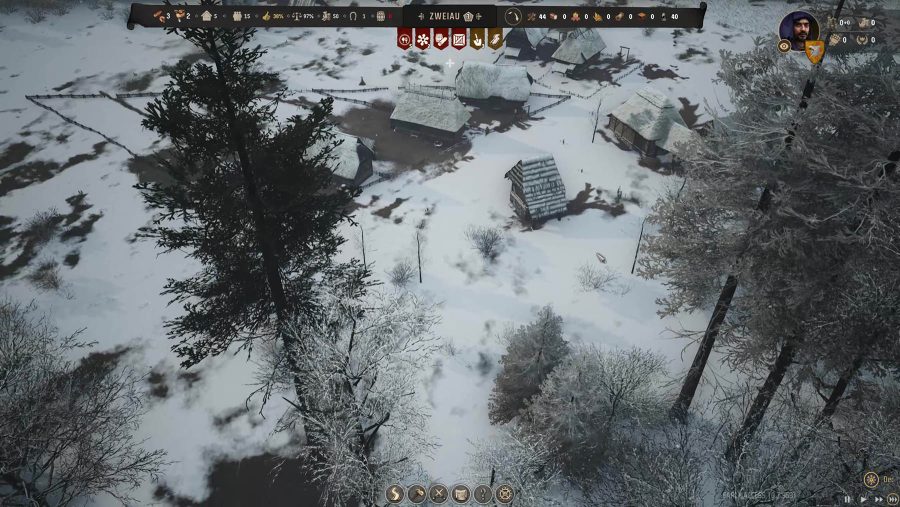A group of UCLA researchers has determined that for middle-aged and older folks, using the Internet, particularly search, causes enhanced neural stimulation leading to better reasoning and decision-making.

At a recent presentation at the Neuroscience 2009 meeting in Chicago, the scientists stated, “The results suggest that searching online may be a simple form of brain exercise that might be employed to enhance cognition in older adults.” Defying folk wisdom regarding old dogs and new tricks, the research was conducted on Internet users aged 55 to 78, about half of whom rarely used the Internet.
Previously, the same researchers proved that conducting searches online doubles brain activitation in older “digital natives” compared to older “digital immigrants.”
One of the authors of the study, UCLA psych professor Dr. Gary Small, said, “We found that for older people with minimal experience, performing Internet searches for even a relatively short period of time can change brain activity patterns and enhance function.” In other words, it takes just a matter of days for older first-time Internet users to catch up to their more experienced counterparts in terms of brain activity.
Small also wrote iBrain, a book all about how technology use impacts brain functions.
Here’s how the study was conducted: The researchers found 24 people aged 55 to 78 whose brains functioned normally. Half were daily Internet users, and half were noobs.
First, all the volunteers searched the web in a lab setting while the scientists took functional magnetic resonance imaging (fMRI) scans of their brains, looking at changes in blood flow in the brain. Next, the test subjects were sent home and asked to search the Internet for an hour a day for seven days over the course of two weeks. Their searches were based on assigned topics that required them to search the web, explore websites, and read. Finally, the participants returned to the lab for more scans while they searched for more information on different topics.
What researchers found was that the Internet noobs’ brains displayed activity in areas of the brain that govern language, reading, memory, and visual ability during both the “before” and “after” scans. However, their brains showed new and increased activity in the parts of the brain that control working memory and decision-making. The patterns were, in fact, similar to those found in the brains of the longtime daily Internet users.
The UCLA team said that these changes occurred because search requires users to store information in working memory and also determine relevant details from datasets of competing pictures and words.
The study was funded by the Parvin Foundation. Researchers included Susan Y. Bookheimer, professor of psychiatry and biobehavioral sciences at the Semel Institute at UCLA; Himaja Gaddipati, a UCLA neuroscience student; and Jennifer Brace, a UCLA doctoral student in neuroscience.





















